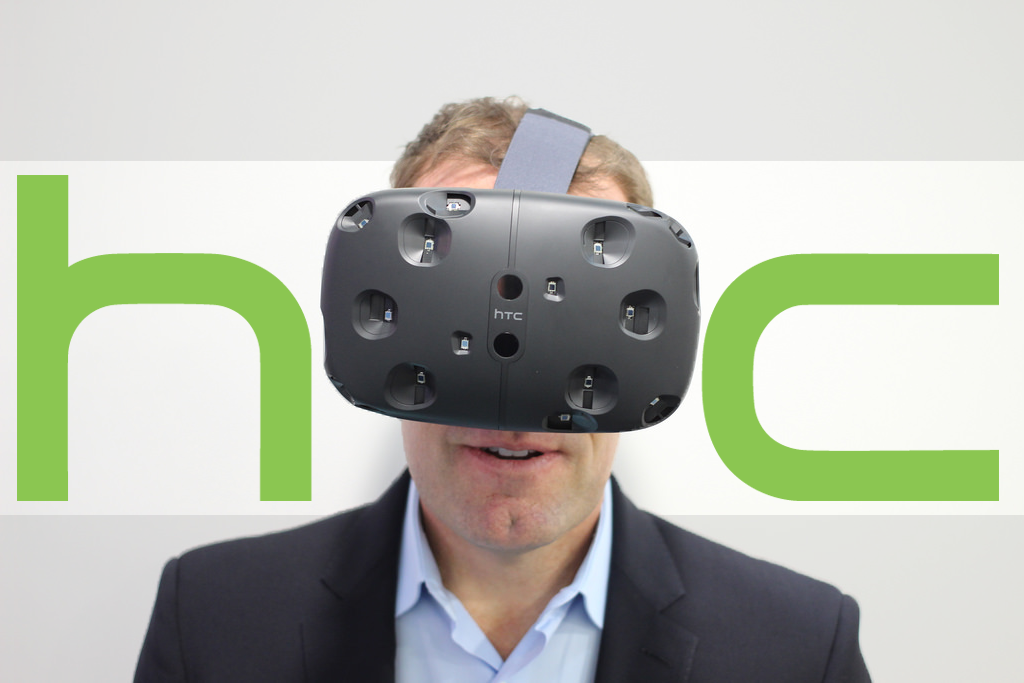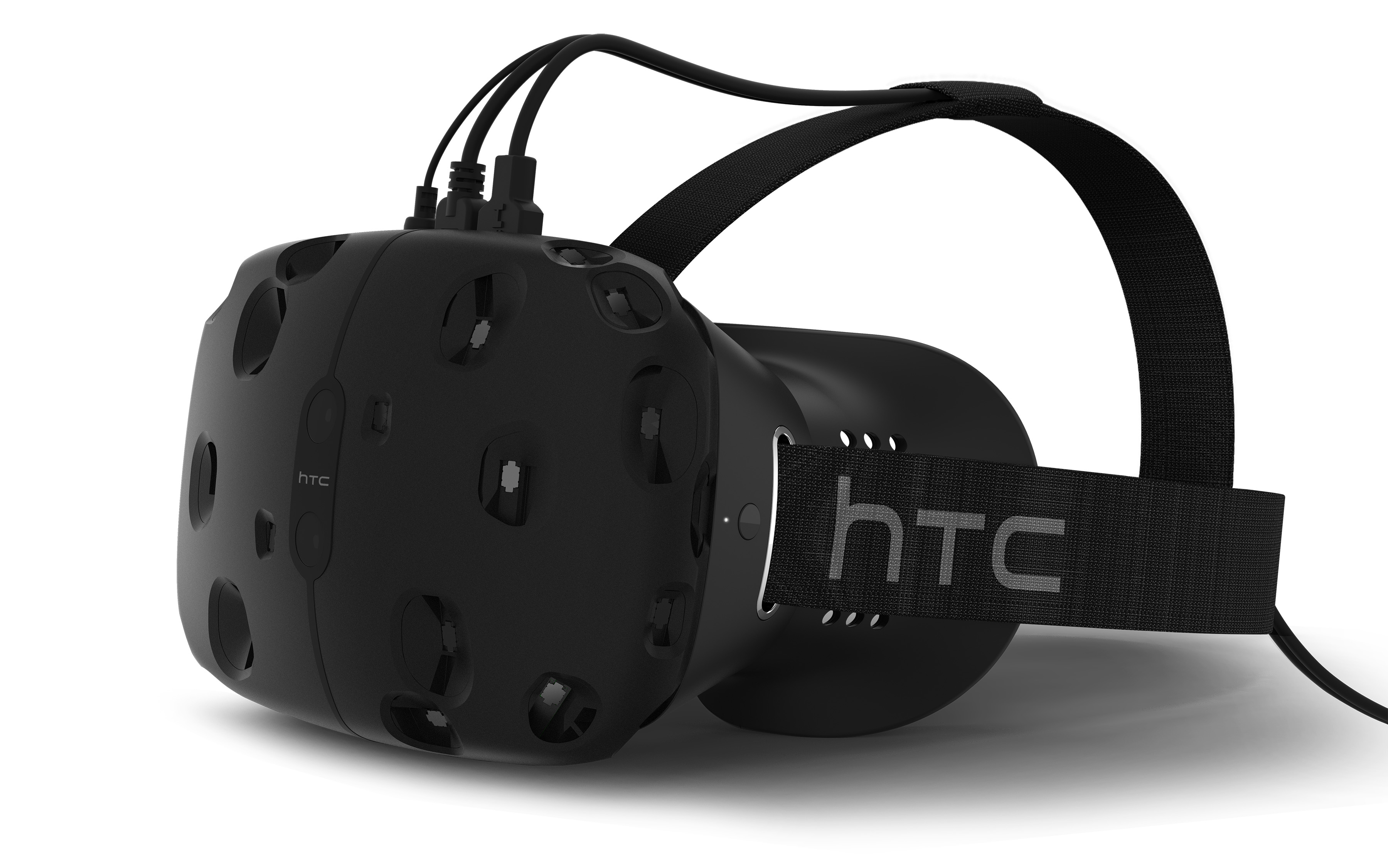Can a Delayed HTC Vive Compete With Oculus?
The HTC Vive virtual reality headset has been delayed to early 2016, putting it head-to-head with the Oculus Rift. But can it compete?


HTC and Valve's bid for the VR throne just got a bit tougher. The two companies announced that the consumer version their HTC Vive virtual reality headset has been delayed until early 2016, with only a small number of units shipping this year. The Vive's full launch will now go head-to-head with the much-anticipated Oculus Rift.
"This delay is bad news for HTC, especially as other parts of its business are struggling," said George Jijiashvili, a wearables analyst at CCS Insight, in an email conversation with Tom's Guide. On top of the Vive delay, HTC recently cancelled the release of its promising Grip fitness tracker, with plans to rework the device for later this year.
However, Jijiashvili isn't very surprised by the delay, stating that the Vive's original release date "seemed too ambitious, given the complexity of [HTC's] VR solution."
The Vive, which was originally slated for a late 2015 launch, has shown enormous potential since it was unveiled earlier this year. The motion-tracking headset stands out by allowing users to navigate a 15 x 15-foot virtual space, with special controllers that allow wearers to interact with in-world objects. HTC's headset blew us away during our various hands-on demos, which put us in virtual recreations of a kitchen, a sunken ship and even a laboratory from popular game Portal 2.
MORE: VR Headset Mega Guide
However, impressive as the Vive may be, it now shares a launch window with the Oculus Rift, which is practically a household name in the still-young VR industry. The Facebook-owned company can be seen everywhere from game conventions to the cover of Time magazine, and the various developer versions of its VR headset have helped build up hype for the sleek, black device that consumers will get to wear next year.
Oculus has plenty of familiarity on its side -- the headset will ship with an Xbox One controller, and gamers will even be able to stream Xbox One games to the Rift via Windows 10. Big-name developers are already working on Rift-optimized games, such as CCP Games' EVE: Valkyrie and Insomniac Games' Edge of Nowhere. The device will even support multiplayer games, letting two players engage in the same virtual space.
Sign up to get the BEST of Tom's Guide direct to your inbox.
Get instant access to breaking news, the hottest reviews, great deals and helpful tips.
That's not to say the Vive is doomed, however. The headset's co-developer Valve is the company behind Steam, the largest online marketplace and community hub for PC gaming. It also doesn't hurt that massive companies such as HBO, Lionsgate and Google are working to provide content to the Rift, which could give it plenty of appeal to non-gamers.
The battle between HTC and Oculus may come down to price, which is still somewhat of a mystery for both companies' devices. Oculus has suggested that the Rift and a high-end PC would cost around $1,500, though HTC has been silent on the Vive's estimated price.
Now that HTC has lost its head-start on Oculus, the Vive's success could ultimately depend on how well it markets the Vive experience to shoppers. The headset's ability to thrust people into large, interactive virtual spaces makes it unique in the nascent VR market. The clearer HTC and Valve make that to consumers, the better.
Mike Andronico is Senior Writer at CNNUnderscored. He was formerly Managing Editor at Tom's Guide, where he wrote extensively on gaming, as well as running the show on the news front. When not at work, you can usually catch him playing Street Fighter, devouring Twitch streams and trying to convince people that Hawkeye is the best Avenger.
-
DonGateley Not a chance. HTC continues its headlong collapse. OSVR will pick up Steam as Vive fails.Reply -
trevogre I just tried the Vive today, and a game in the crescent bay oculus. The vive experience ran circles around oculus. It blows you away, with the combination of the controls and the ability to walk around the room. Oculus with their controllers could add some of that feel but I haven't seen it attempted yet. I'm way more excited about the Vive at this point. I think people who get a chance to try the two as they exist today, most of them would lean the same way and wait for the HTC product. Of course I might buy both, but I'm definitely pining for the Vive.Reply -
ikomrad It doesn't matter. who needs VR? It didn't take off the first time ( late 90's ) , and it won't far any better now.Reply

